Chamber Music for Novice-level Players
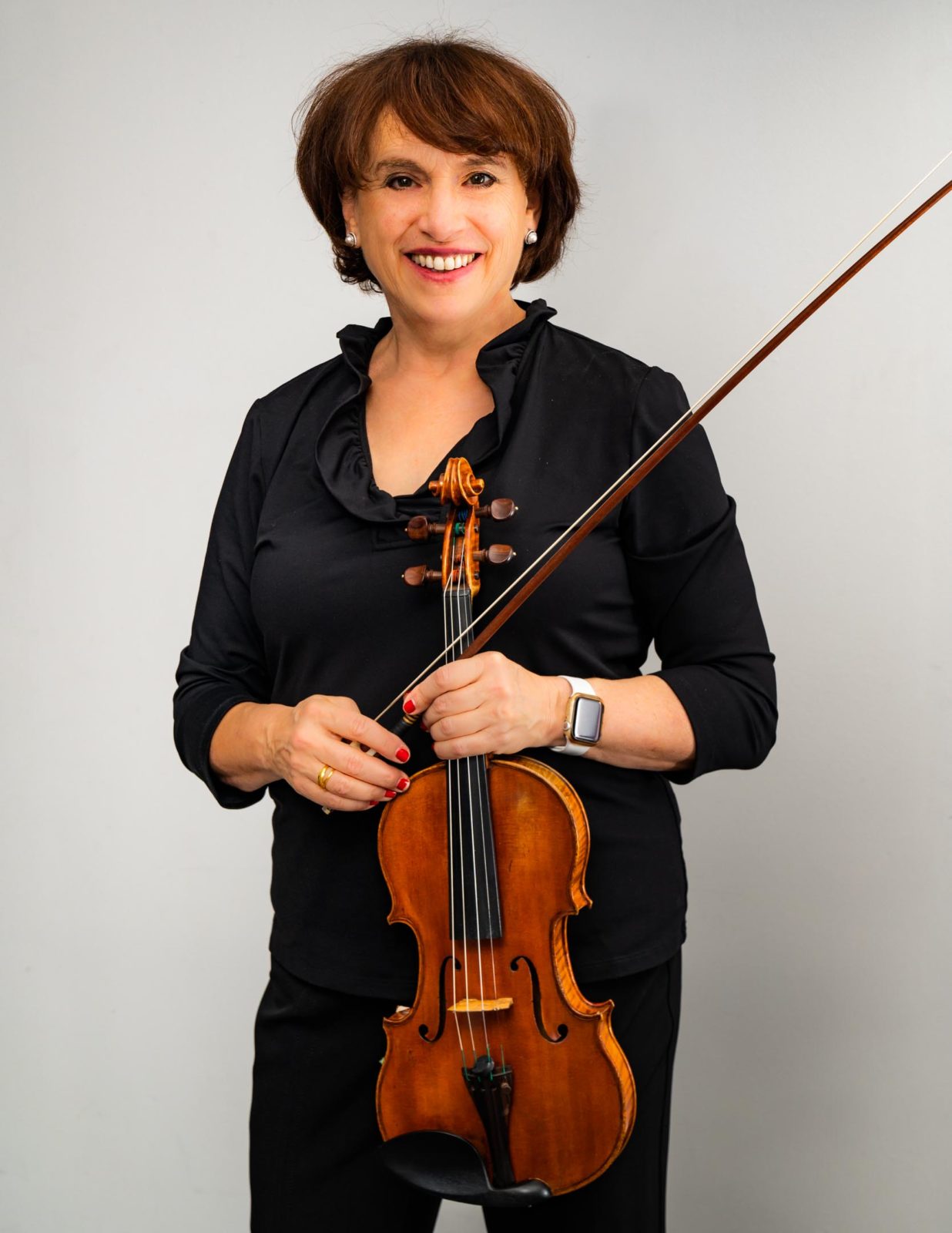
If you are a late-starter or emerging chamber music player, I want to welcome you to the world of chamber music. I hope your journey will be filled with new friends, lots of fun, learning, and beautiful music. Chamber music is something you can do for many years and you will never run out of music to play and things to learn.
But where would you find music that would be at a level good for you? How can you make that assessment?
Often you can assess your skill level by the number of major and minor scales and arpeggios you can play in different keys and the number of octaves you have mastered. Rhythmic knowledge may be determined by your ability to play in different meters. State school music lists ( in New York this would be the NYSSMA list) also rank sight-reading by rhythmic ability and knowledge. This can be a great tool for your to determine the level of piece you can handle.
This article is meant to give you some helpful hints and provide some terrific titles for you to try. At the end I will provide a very brief list of some titles that will be successful, but it’s just a taste of what might be hundreds of works. Remember too, that you can find any combination of instrument grouping ( 3 cellos anyone?) so you can always find something for the players that may be available to you.
Where to find music?
If you haven’t heard about IMSLP, it is a terrific first place to check for music. I really don’t know what IMSLP stands for but I’ve always thought “I am such a lucky person” would be good. Here you will find hundreds of pieces to download for free. You will have to ignore the ad at the top and, if you are using the free version, you will have to wait a few seconds before you can download the music. You can also pay for this service ( it’s inexpensive) and you won’t have to wait to download items. It is challenging to navigate this site at first. I’ve discovered that the easiest way for me to find music has been to type what I want in a google search followed by IMSLP. It usually pops right up.
One good place to start on IMSLP is to type in “string quartet albums IMSLP” . These are collections of string quartet movements that have been put together to be playable by intermediate players. The collections feature different composers so you’ll get a good mix of styles.
When you get tired of “the standard” pieces that you might encounter in a chamber music situation or from other players, this site has hundreds of pieces that you’ve never heard of! They give a brief description of the work, its instrumentation, and often a technical level. Look for the ones that are listed as technically easy. You might start first with composers who have also written student string methods in the 1800’s. They would have been tuned into the needs of emerging students as well as polished players. Names like Lachner, Maza, Rode, DeBeriot spring to mind. These will all be tuneful and fit string technique beautifully. After you find something you think you might like, see if you can find it on Youtube and take a listen. After that, you can check IMSLP since all these pieces will be outside of the public domain before you purchase.
Every person has different talents and I think we should all be grateful that there was someone in the world who had the patience and brainpower to put together this guide. Not only has the author listed hundreds of pieces, but he lists the difficulty of each instrument in the group. For example, there might be a string quartet where all the parts are rated of equal difficulty, or ones where the first violin is more difficult than the other parts etc. You can order it from SJ Music in the United Kingdom for £17.95 plus shipping and handling.
Sheet Music Plus also has lots of free downloads, and easy contemporary music if you are so inclined – and don’t be shy! If there is a title you want for a pop piece that is not written for your instrument, get an easy piano version with a treble and bass clef part ( sorry violas) as see if you can make it work. Sheet music plus also has a transposition feature so if there’s something you want in a different ( easier) key it’s easy to obtain.
JW Pepper – I know this is mostly orchestral but there are so many good titles here that I had to include it. Since most of these pieces are written for student level string players, you will find many to enjoy that are fun to play, including outstanding arrangements of technically challenging pieces that otherwise would be too difficult to enjoy. Moreover, the pieces are recorded so you can hear them being played before a purchase. This is sometimes an expensive option since you might have to purchase a set of multiple parts ( although they often list individual parts and an extra score for separate purchase). But read below ….. There is a secret!
Your local middle and high school music teacher will already own tons of titles. They will be delighted to help you in any way they can. They may be able to let you borrow music and make suggestions from their library. School music teachers are a great resource for you in your community. They can be a great resource for you.
Graded Lists-
Each state has a school music association that produces a graded list of repertoire, including chamber music repertoire. Sometimes you need to purchase these lists ( if you get them without the fancy binder, they are not expensive) and with luck you can find them posted by a music store in the hopes that you will purchase the pieces from them. Hickeys Music is one such place for New York, but I’m sure there are others.
These lists also include sight reading levels. Checking them for your rhythmic knowledge is a great way to establish the level of the pieces you can handle.
An important caveat for all your pieces! Make sure that whatever piece you select also has a score. (That is all the parts printed together). This will make everything from rehearsing to locating a section if someone gets lost so much easier! Also, try to find music where the measures are numbered or at least have rehearsal letters. This will save you an infinite amount of time and frustration when trying to find your way in a rehearsal or reading session.
Often you can hear a piece being played on YouTube and see the score scrolling by. This is a huge help to jump start your understanding of the piece, and the entrances of each instrument.
I realize that we all have the option to download music onto iPads for many reasons. There are services that, for a fee, will open up entire libraries of music to you. Henle Library is one. Just remember that you will only have access to your part and that your other players will have to supply their own. You are also only “renting” it in a sense, so you will not be able to print it out. You can often find used copies on sites like eBay or libraries like the Performing Arts Library at Lincoln Center in New York or the Philadelphia Free Library in Pennsylvania.
Technical Considerations–
When selecting a piece to play as a string player there are certainly things to keep in mind that will help maximize your enjoyment and minimize frustration.
Often emerging string players are afraid of higher positions so seek out music with a limited range. This is sometimes helpful, but a much more important consideration is to scan the music for the type of string crossings involved. Lots of quick arpeggiated figures, or repetitive slurs over strings that require steady rhythm for many measures are difficult. String instruments are singers! The more melodic for all instruments, the better.
Keys – The easiest keys for string players are C G, D for cello and viola and A for violin ( and their relative minors) because these allow us to use many open strings. If you are playing with winds, then F or B flat are good options. If you are playing with piano, look for piano parts that don’t jump around too much.
Rhythm – Anything with extended use of syncopation will require rehearsal and will not be easy to sight read. Off the beat entrances are also tricky, especially for an emerging player with limited experience in how to handle them. Look for any hooked bowings to make sure you have an idea of how these are managed. Rhythm challenges shouldn’t be a total deterrent, but it’s something to keep in mind when trying to assess difficulty.
Intonation –
Intonation is more demanding from an ensemble of only two players than from an ensemble of three or more.
In chamber music including piano, often the pianist will need to be at a more advanced level than the other players. That said, playing with piano adds rhythmic stability and helps with intonation since it is fixed on the piano.
Intonation is more demanding from an ensemble of only two players than from an ensemble of three or more. In chamber music including piano, often the pianist will need to be at a more advanced level than the other players.
Forms –
All music that you will play exists in established forms and there are two that are really tricky and might not be your best bet for an easy, enjoyable reading session.
The first would be a Gavotte. Gavottes are a dance form in two beats per measure where the melody starts on the second half of the measure. Ouch! For the longest time you will want the melody that you play or that you hear others in the group play as starting on the first beat. That is what makes this such a difficult thing to keep together. Not all Gavottes are titled “Gavotte” but they will still follow this form. Again, this shouldn’t deter you from a delightful Gavotte, but it will inform you that there will be this difficulty.
Fugues are characterized by a melody that is also a harmony and this melody will start at different places for each instrument. These are not great sight reading choices for emerging players because once one person gets out, it’s not possible to get back in, since the fugue theme can start anywhere and follow anyone. Fugues are often the last movement of a piece or may exist as a section within a longer movement ( usually towards the end of the movement).
My favorite form for emerging players would be the Rondo. The melodic form of a Rondo is A B A C A D etc. As you can see the A section will come back over and again. This gives the group a guidepost to aim for no matter what has transpired in between. Also, since it’s repeated throughout the movement, players really get a chance to learn it. Rondos are often the middle or last movements of a piece.
I thought of adding a list of pieces here but there are too many categories and too many different instrument groupings for this to be practical. Still, here are a few ideas to get you going.
Trios
Baroque – Telemann – type in “Telemann trios IMSLP” and take your pick. They will all be playable and fun.
Rocherolle – Trios for Intermediate pianists
String Quartet
Mozart “Band Two” string quartets – This collection has 16 string quartets ( starting with k156) that are all lovely. This is something you will want to own.
Haydn – op 20 There are 5 of these and they vary in difficulty but are all worth the effort.
Piano Quintets
Elfira Andree – Piano quintet
I hope this encourages you all to begin a wonderful journey with chamber music.
Jill Schultz Ed.D. is a violinist/educator whose workshops called Skills and Drills is designed to help late starter and emerging string players enter and enjoy the world of chamber music.
More Articles
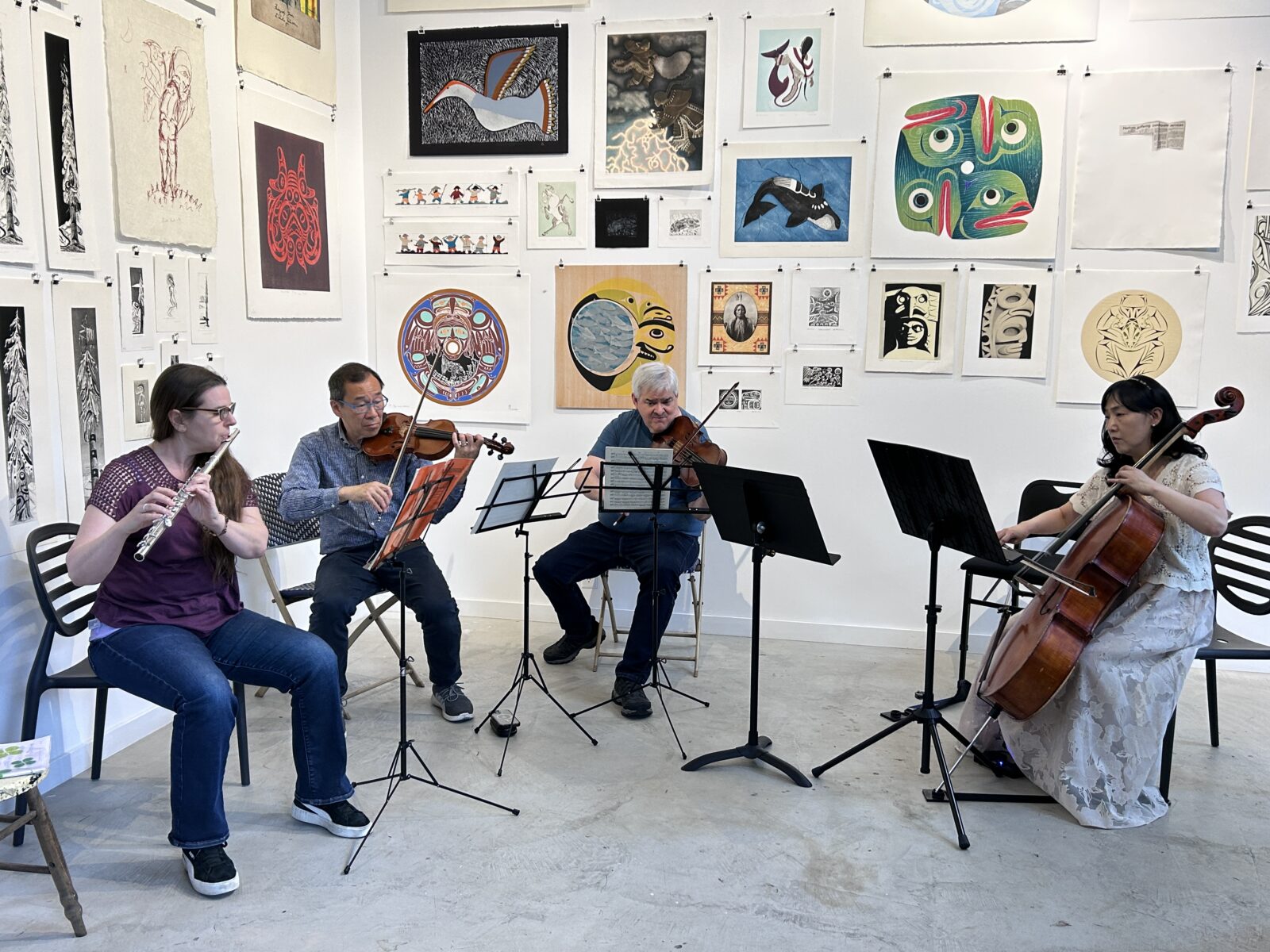
And the Play-Ins continued in June!
With ACMP's rapidly growing community of chamber musicians, Play-In season is never over! Read about two recent Play-Ins in June.Read More ↗
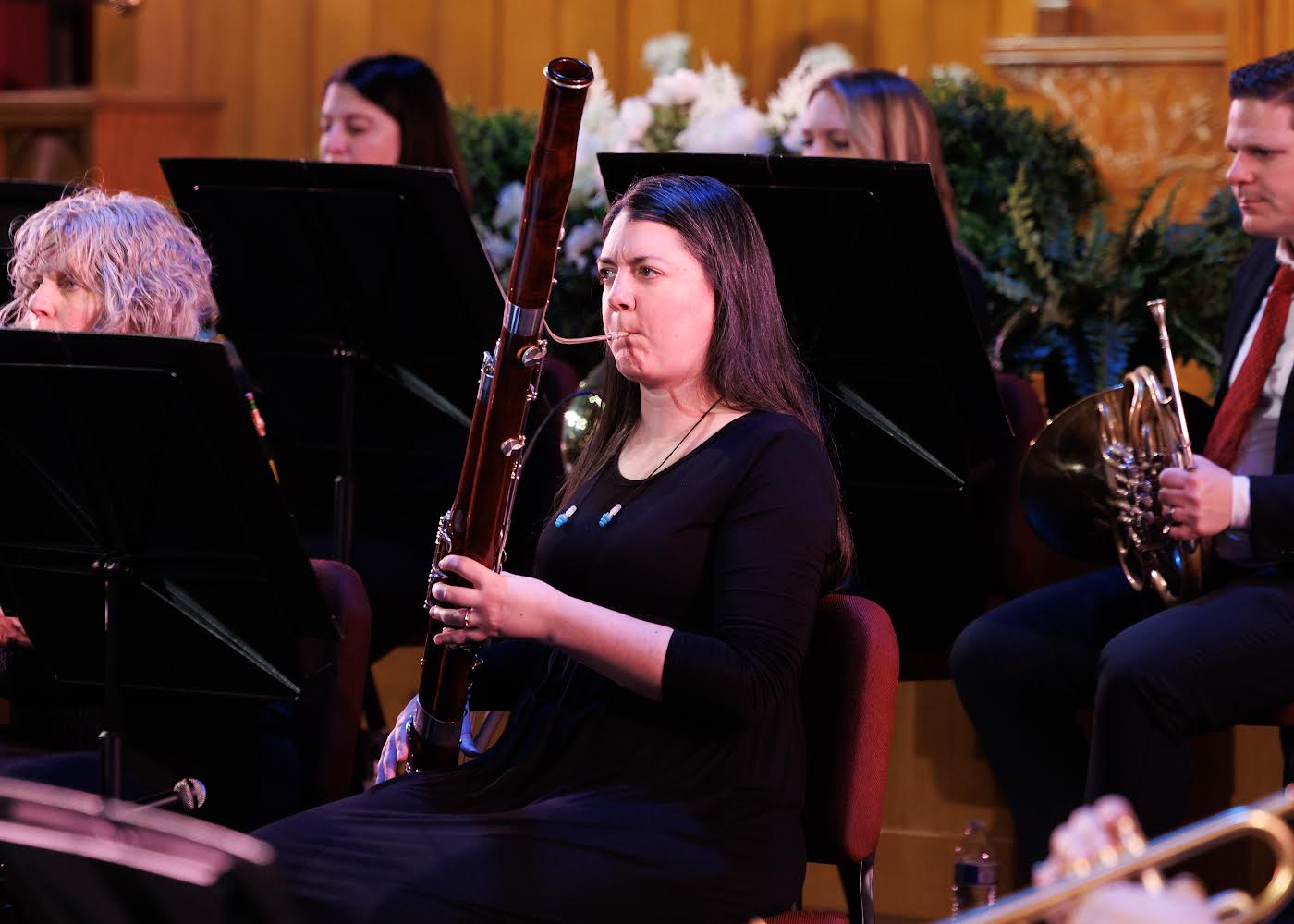
2025 News of Note Puzzle Contest Winner and Answers
Congratulations to bassoonist Jessi Vandagriff for winning this year's News of Note puzzle contest. And read more for the great puzzle answer reveal!Read More ↗
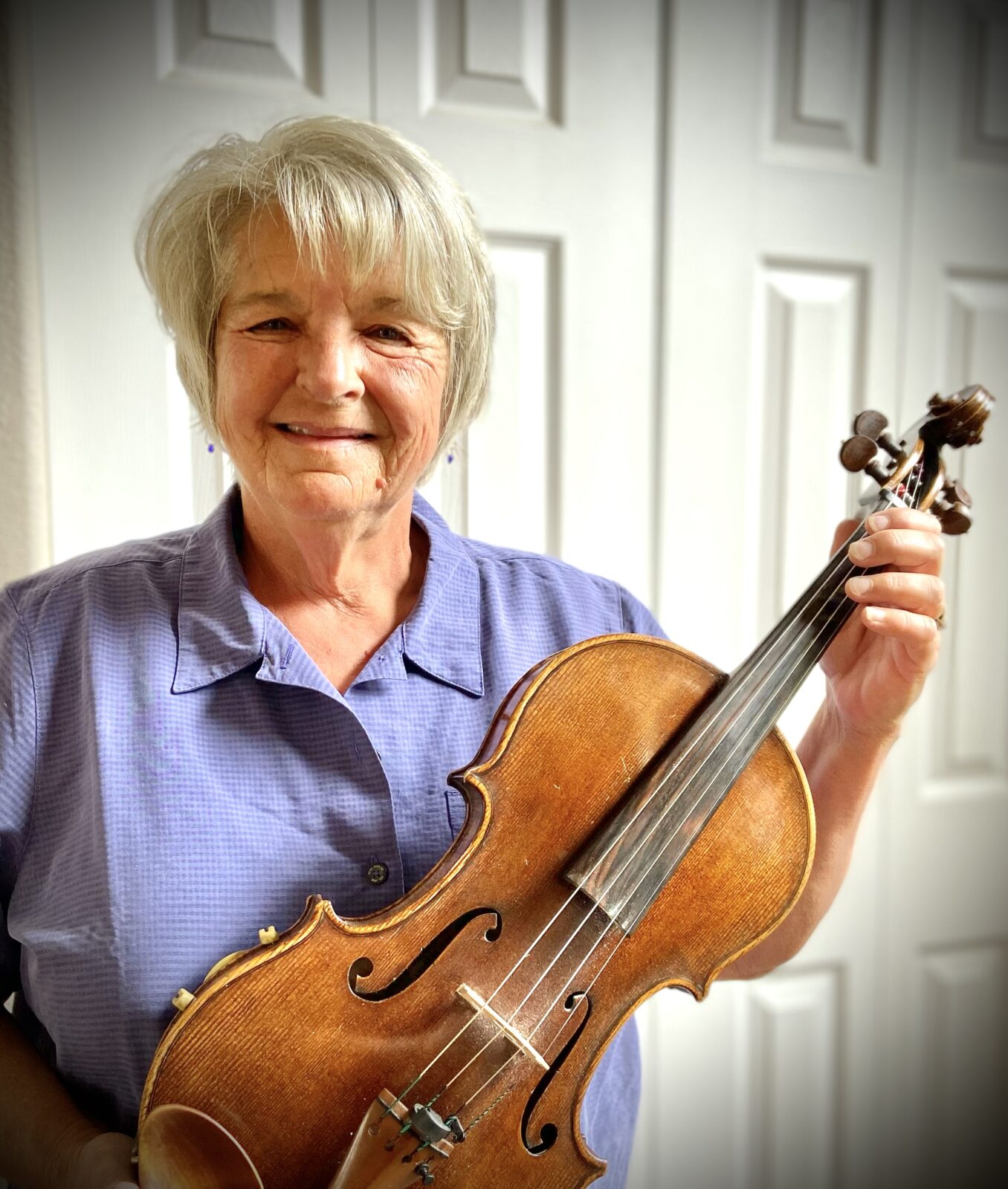
Member of the Month, July 2025: Cheryl Hite
The ranks of ACMP members are filled with professionals who began their college careers with the intent of pursuing music for a living, then for whatever reason moved into another career. Colorado-based violist Cheryl Hite is one of those musicians. A native of Detroit, she enrolled at Indiana University in the 1970s as a double major – biology and viola performance. Read her interview with ACMP Board Chair Bob Goetz.Read More ↗
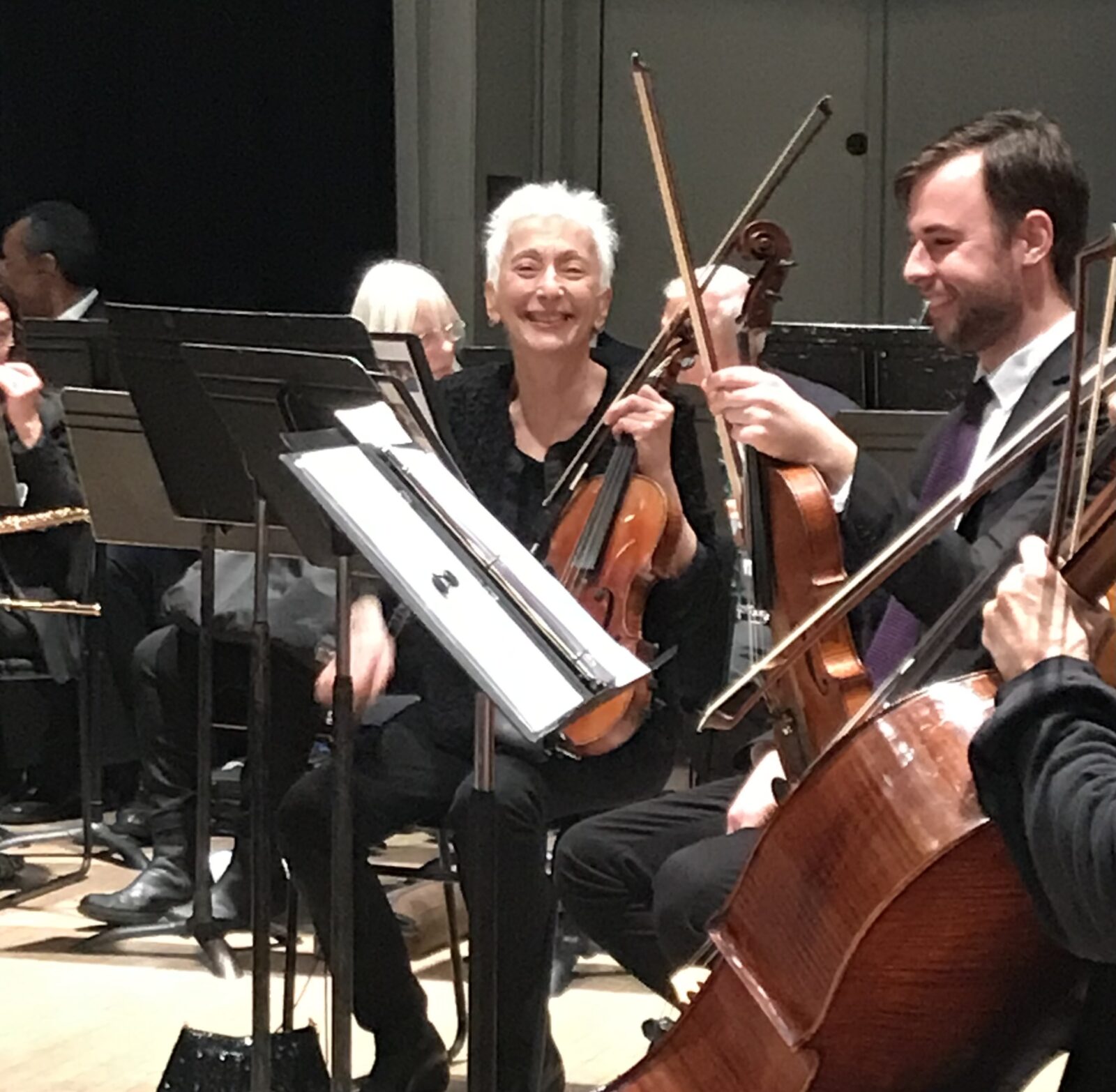
The day my quartet played out of tune and almost got our host evicted
Chamber music can be a high stakes activity - play a bit out of tune, and your host could end up on the street. Read about one such close call in New York City.Read More ↗
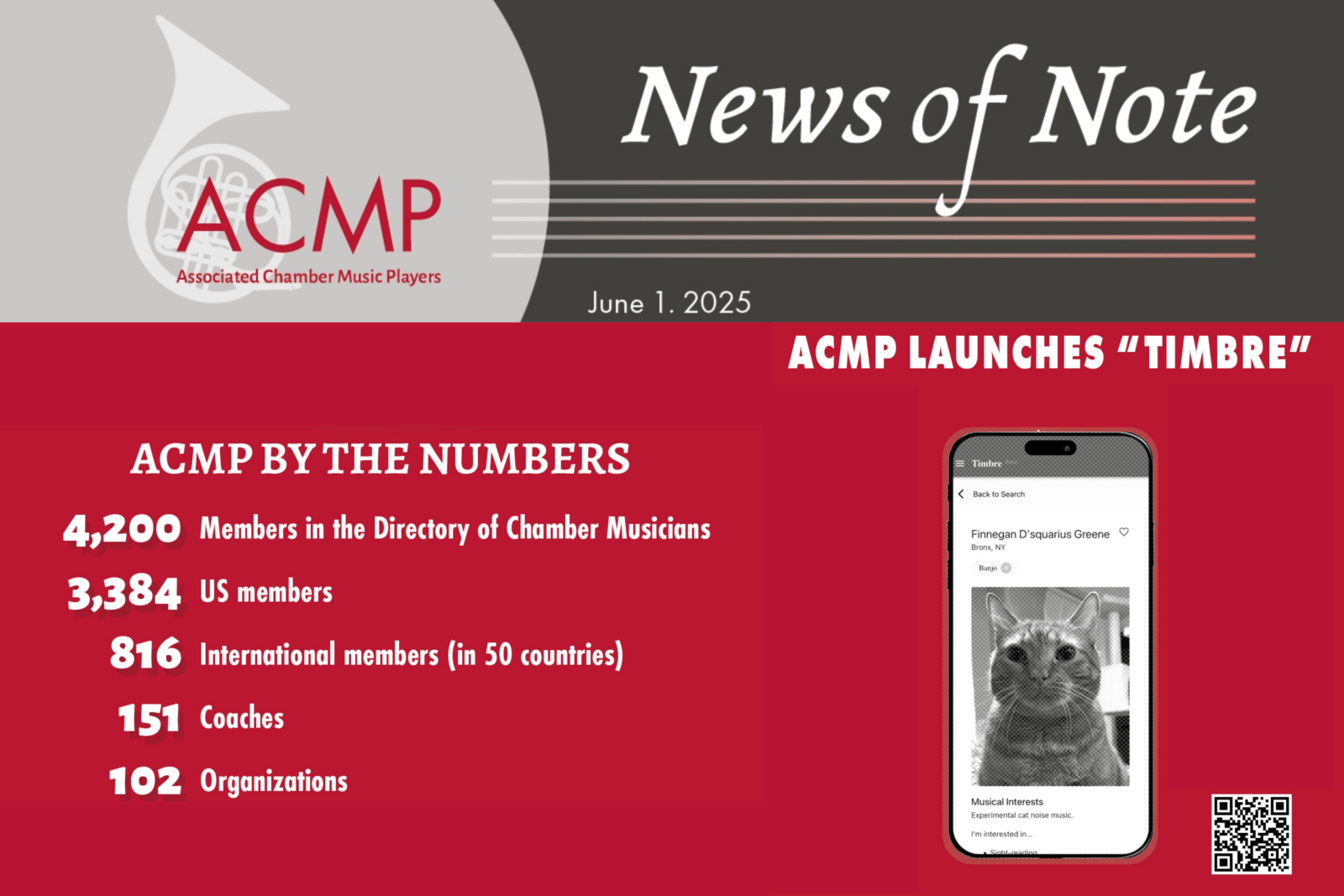
News of Note 2025
It’s that time of year again! The web version of the 2025 News of Note is live, featuring updates from the past year—and some fun extras, including everyone’s favorite: a new puzzle. (Submit your answers by July 1!)Read More ↗
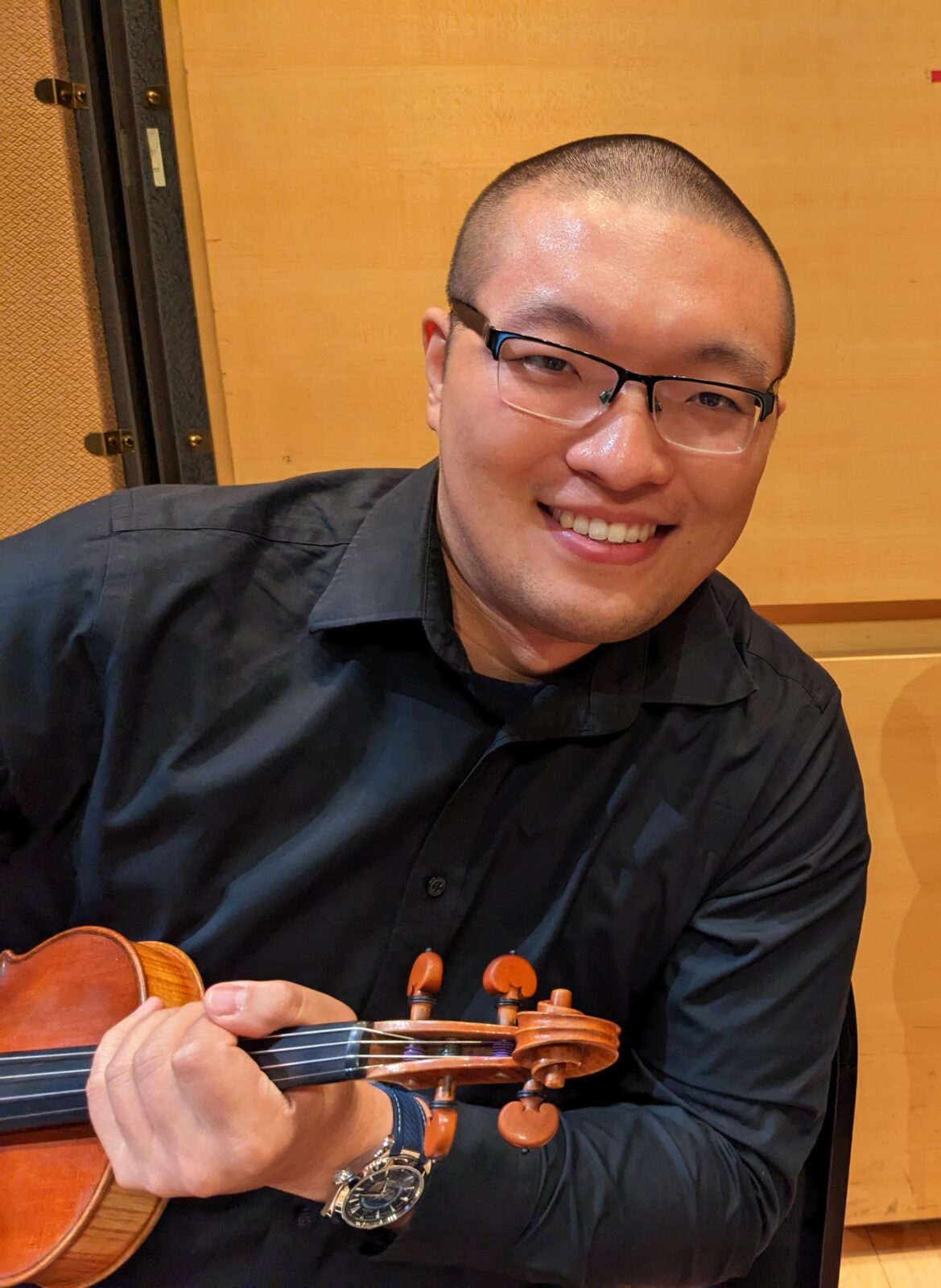
Member of the Month, June 2025: Frank Song
Frank Song, 28, may work remotely as a software engineer, but when it comes to music and the arts, he is all about being there, in person. With the flexibility to travel in his work, he seeks out concerts or museum exhibits in cities far beyond his home in Toronto. And while he’s at it, he takes along his violin to play chamber music. We caught up with Frank on a recent visit to New York, where he played chamber music with people he found through ACMP.Read More ↗

Seasoning for the Seasons
With a taste for adventure and a pinch of whimsy, follow ACMP cellist Tom Cappaert’s lead: stage a chamber concert in a Quito pizza parlor.Read More ↗
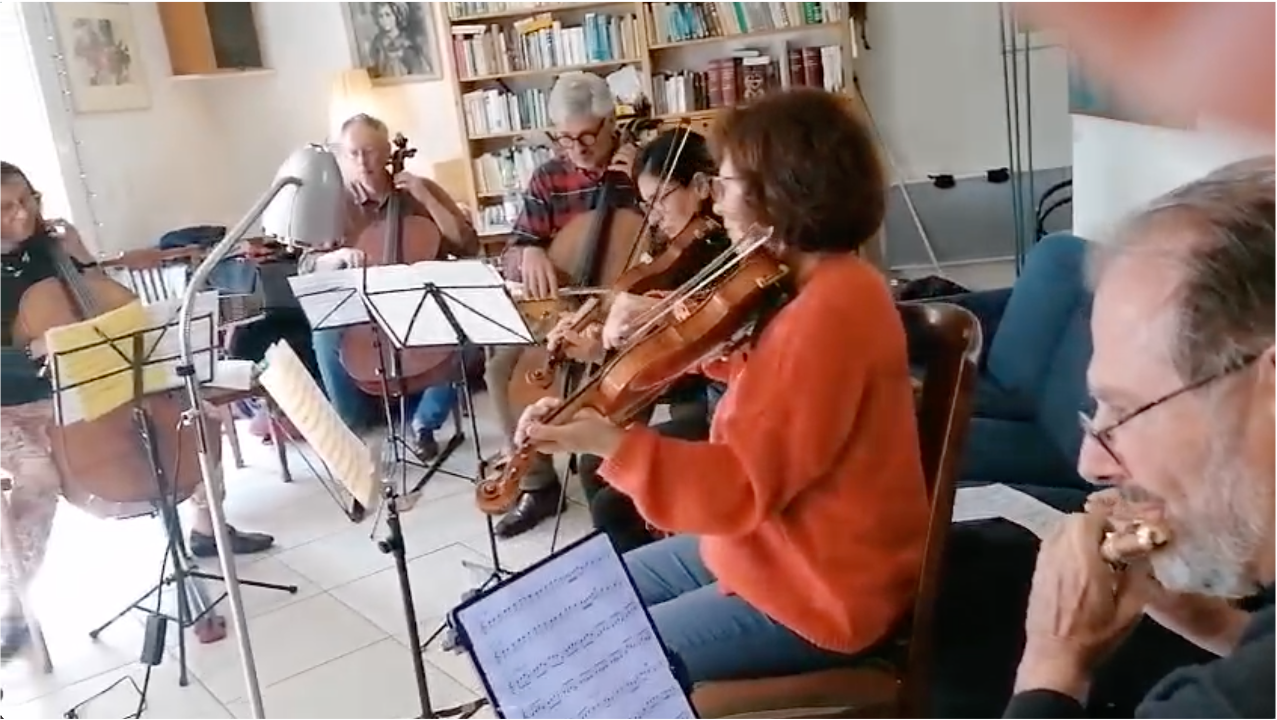
May 2025 Play-In Highlights!
Highlights from just a few Play-Ins during National Chamber Music Month!Read More ↗
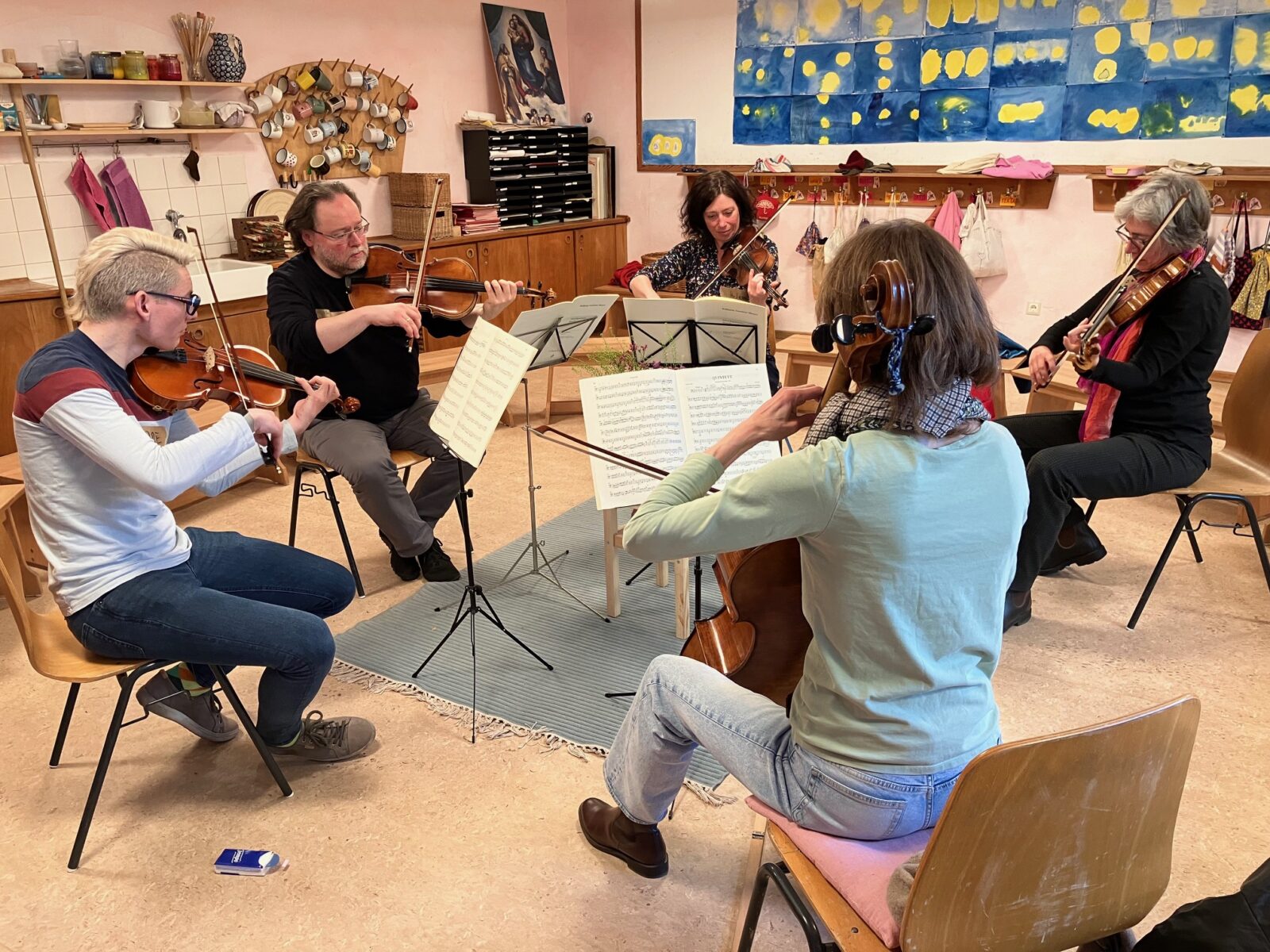
Play-In Report: Berlin Kammermusik Liste
Michael Knoch runs the Berlin Kammermusik Liste, and represents ACMP as its International Ambassador in Germany. He holds at least two Play-Ins a year, and has a unique gift for organizing large Play-Ins with a mix of all instruments and voice. Read about his second Play-In of 2025!Read More ↗
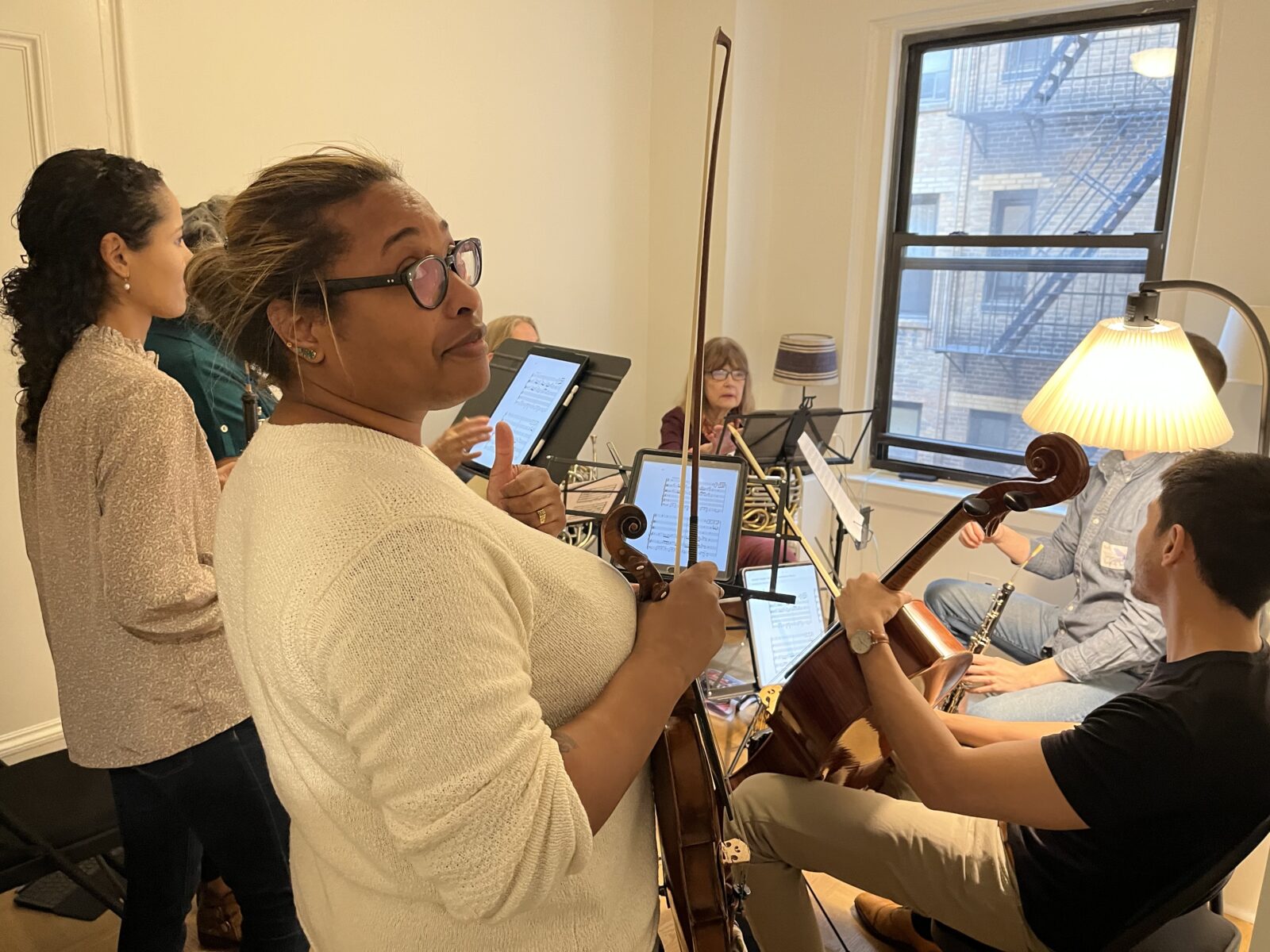
2025 Worldwide Play-In Events
May is Chamber Music Month! Celebrate with Play-Ins all month long, and during the Worldwide Play-In Weekend: May 16-18, 2025. See this list of Play-Ins in the ACMP Directory to date, and keep checking it for updates.Read More ↗
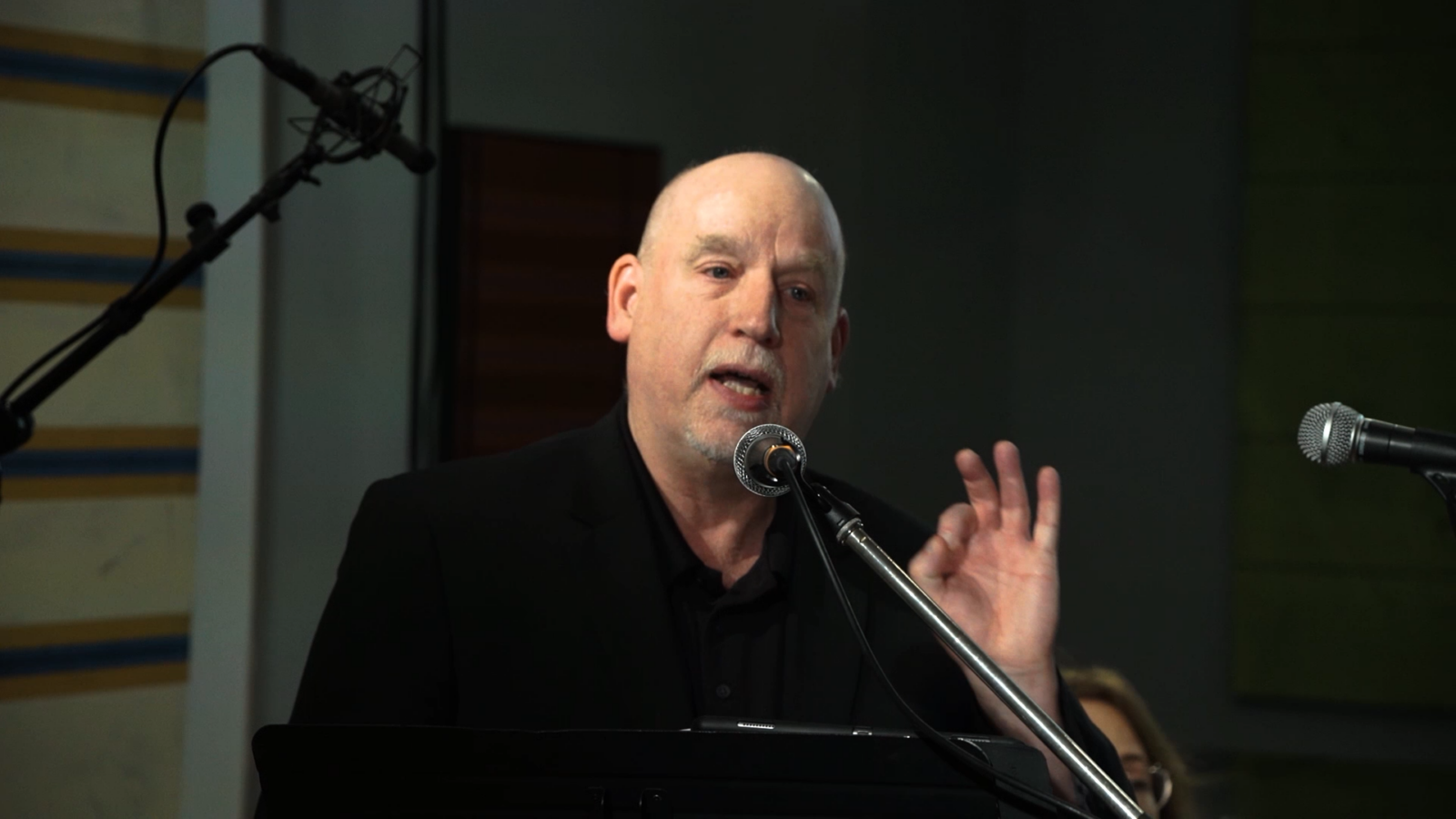
New Video: Ravel’s String Quartet with Cal!
Cal Wiersma is back, sharing ensemble tips and tricks through the lens of Ravel’s String Quartet.Read More ↗
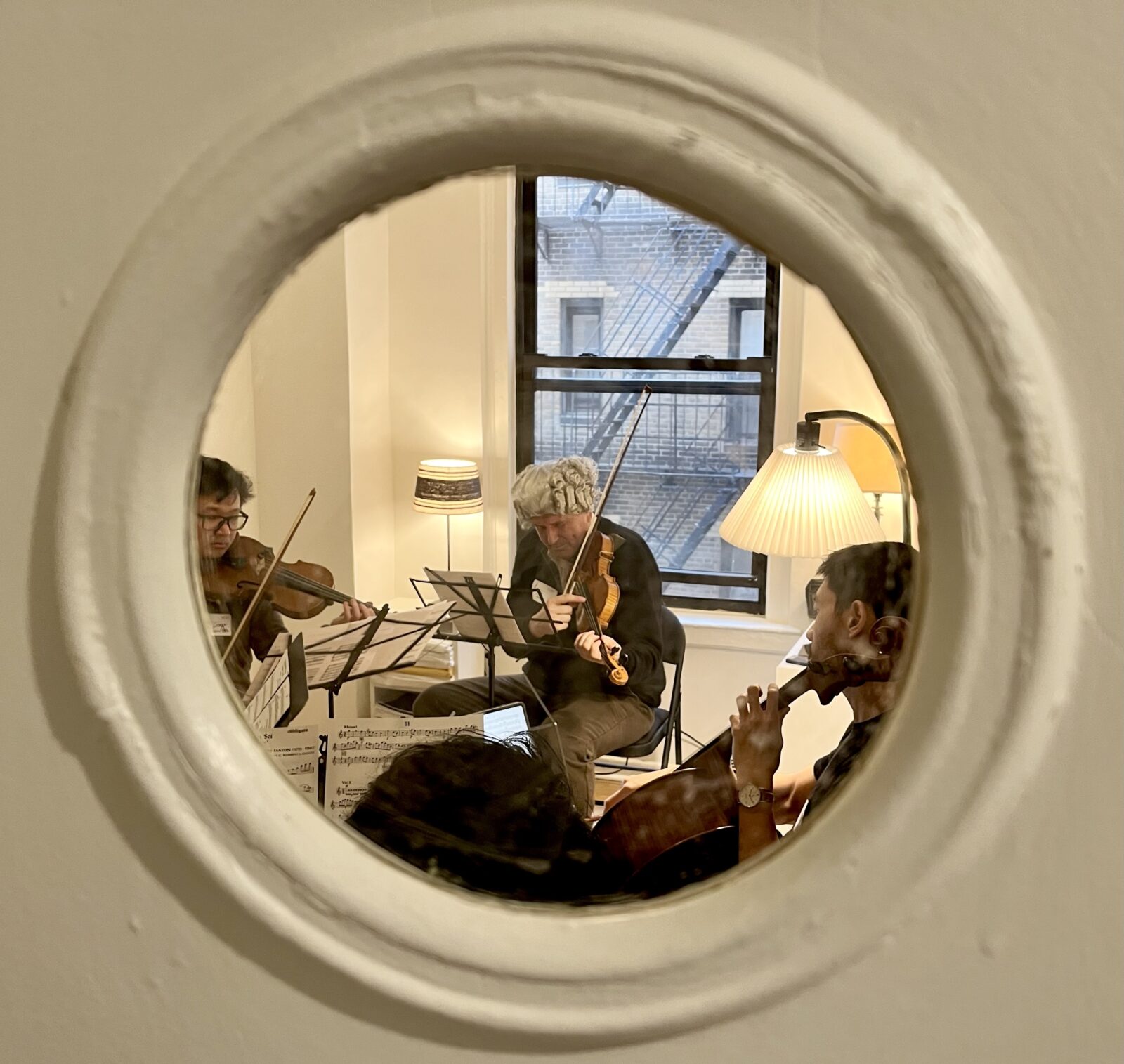
Here’s looking at you, Joe!
One day before Haydn's 293rd birthday - a Haydn party happened in Manhattan. Haydn himself appeared (in the form of ACMP violinist, board member and host, Bob Goetz.) 30 players participated - one third of the participants were wind and brass players! Read about the party and get some fun repertoire ideas!Read More ↗
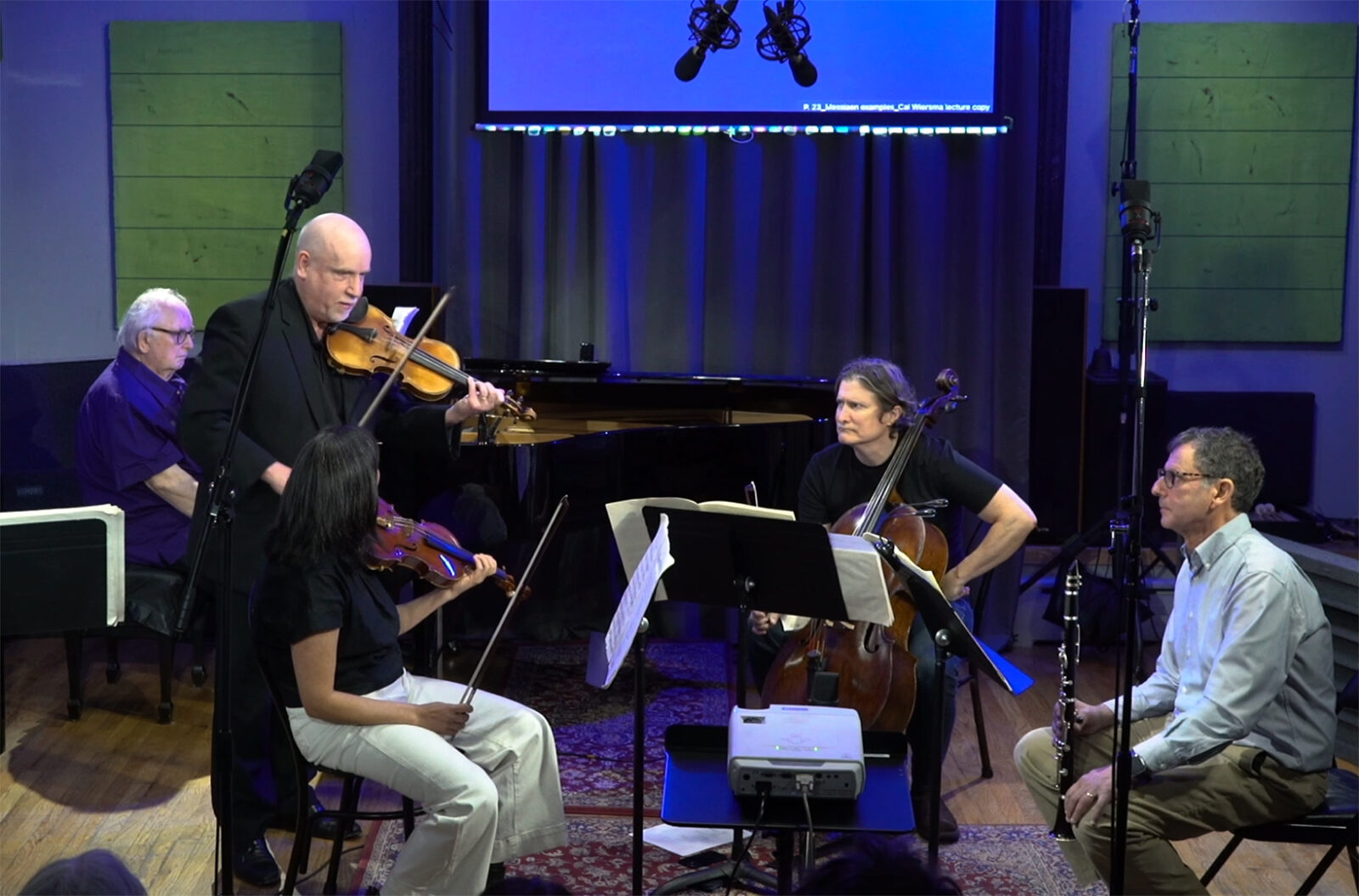
Cal Wiersma Class: Rehearsal Techniques in Ravel’s String Quartet
Back by popular demand - ACMP is offering another live and live-streamed class with violinist and chamber music coach Cal Wiersma on chamber music rehearsal techniques in Ravel's String Quartet on Sunday, April 6 at 3pm ET.Read More ↗
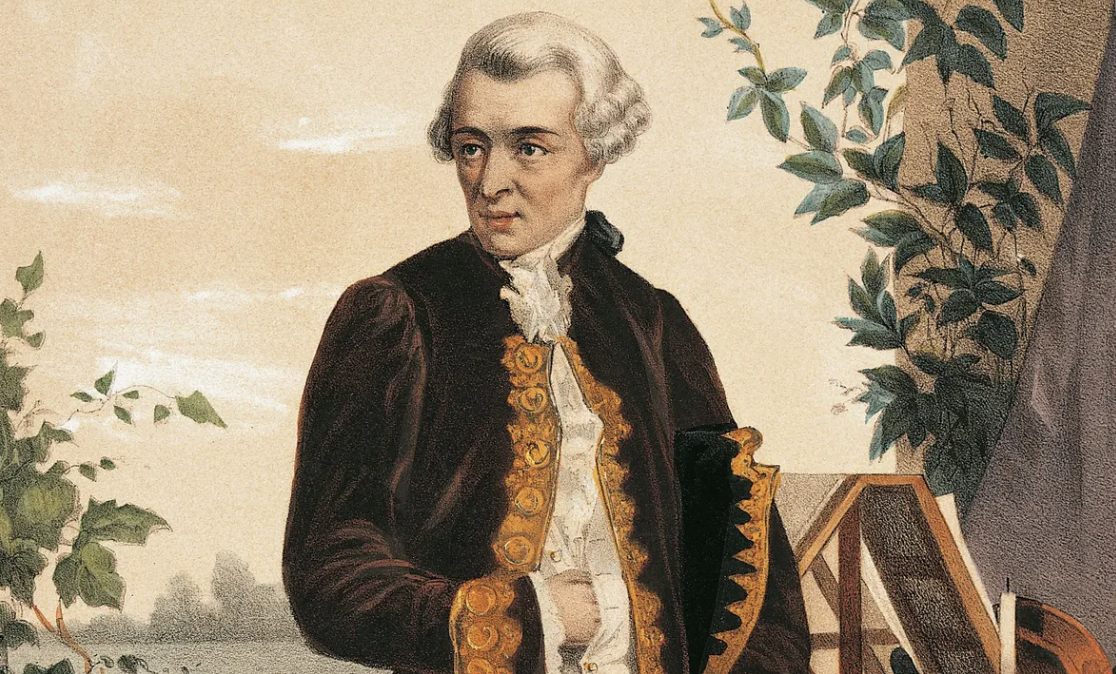
The 2025 ACMP Haydn Challenge
March 31 is Joseph Haydn’s birthday! It’s also a fabulous occasion to celebrate his contributions to the world of chamber music with a gift in his honor to ACMP…Throughout the month of March, we hope you will participate in the ACMP Haydn Challenge.Read More ↗
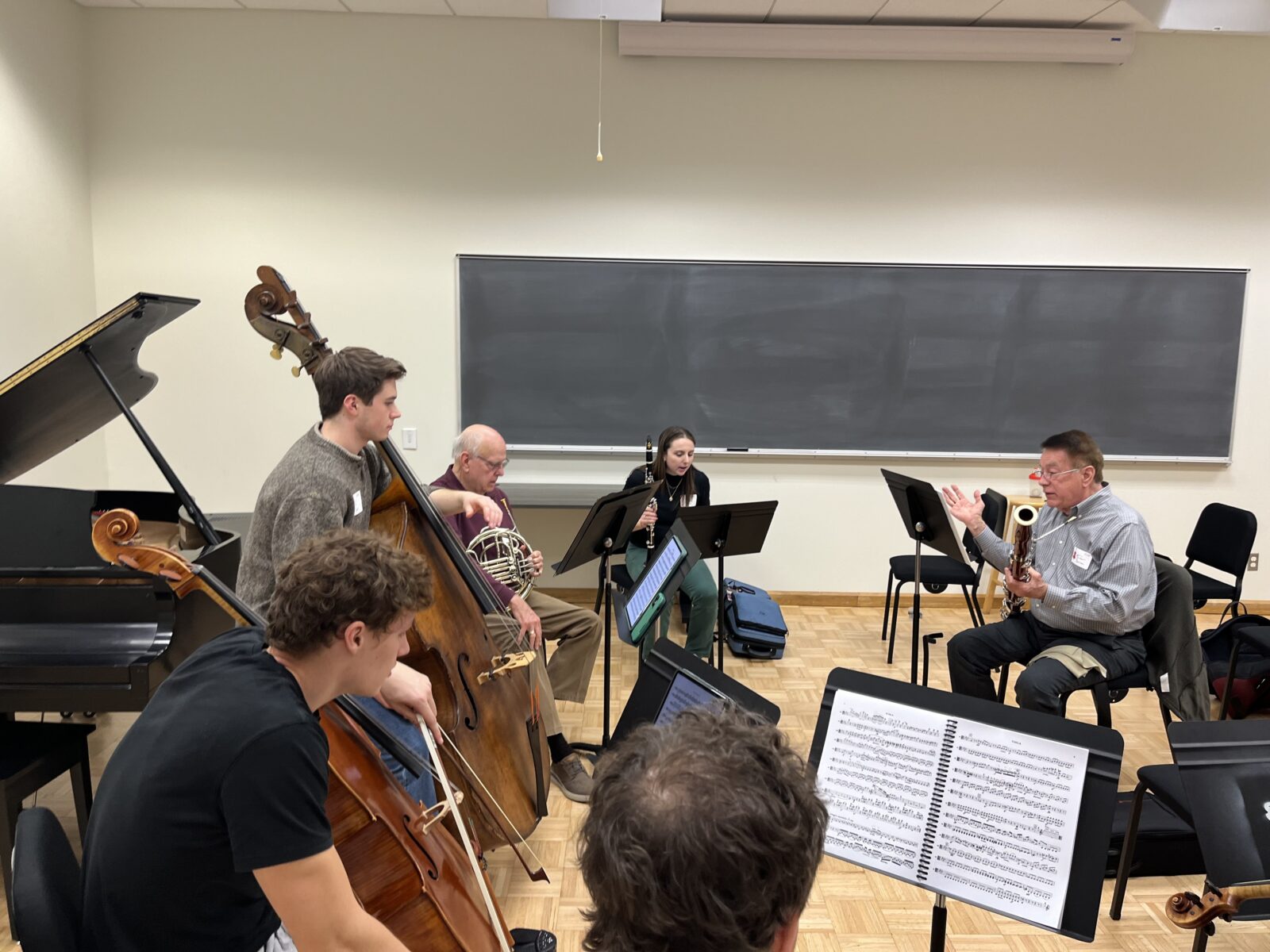
Post-CMA Conference Recap 2025
The CMA Conference in Houston—four days of nonstop music, inspiring connections, a jam-packed ACMP Play-In and a surprise woodwind trio at the Menil Collection!Read More ↗

New Listening Club Video: Exploring Brahms Piano Quintet in f minor, Op. 34
Out now! Watch the video recording from our recent Listening Club event with Peter Fender returning and going through Brahms’ Piano Quintet in F minor, Op. 34—an arrangement of an arrangement.Read More ↗
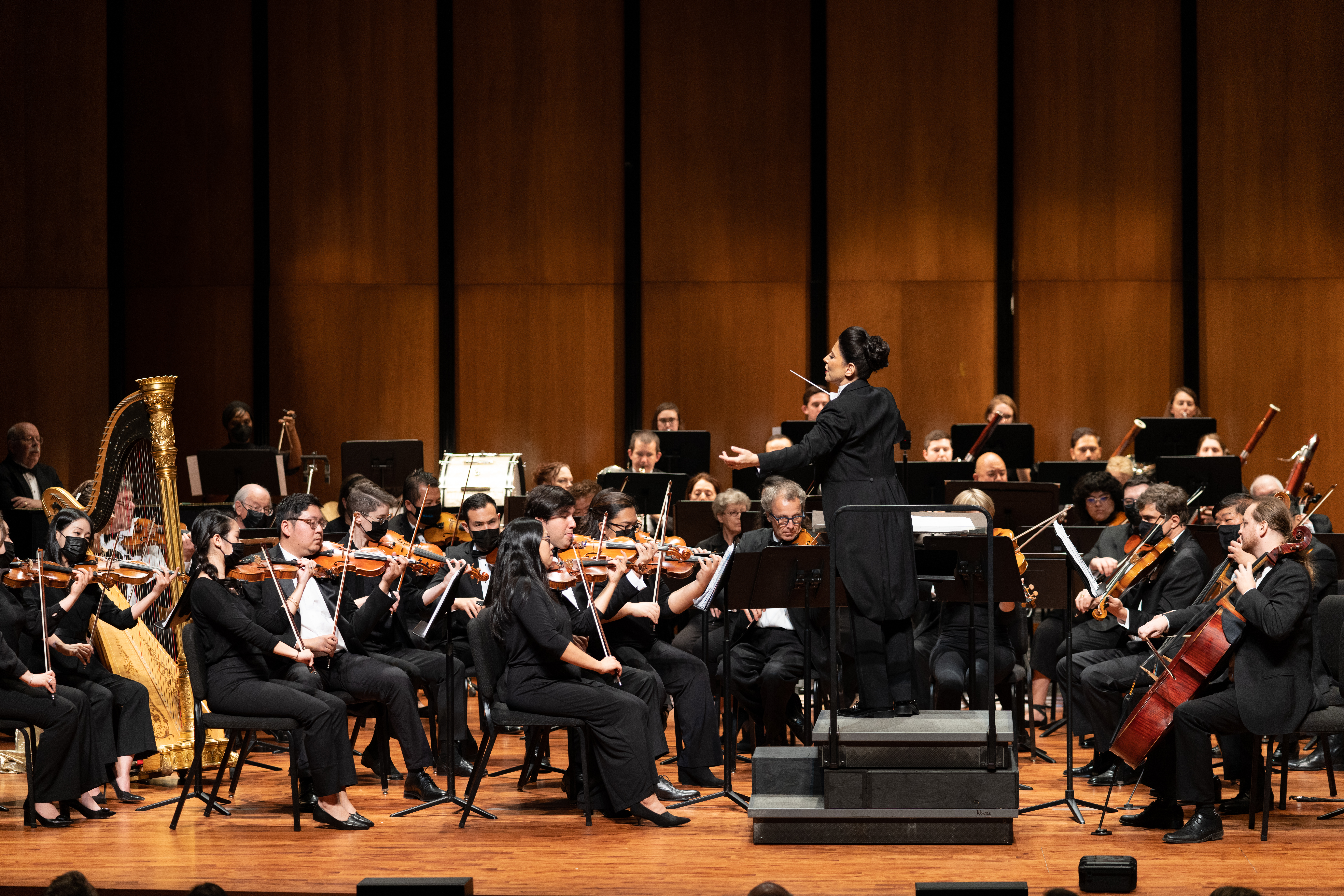
An orchestra born out of one woman’s dream
Over the course of its 25 years, the Texas Medical Center Orchestra has earned national acclaim in becoming a fixture of the Houston musical community. But how it got to this point can be traced to the vision of one woman—Libi Lebel, who moved to the Houston area in the late 1990s as an aspiring conductor and simply wanted to find a group to lead.Read More ↗

And it’s launched! The new Timbre web app
Just in time for Valentine's Day, ACMP is launching its new Timbre web app. Here's how to find it - and some handy tips on how to use it, too.Read More ↗
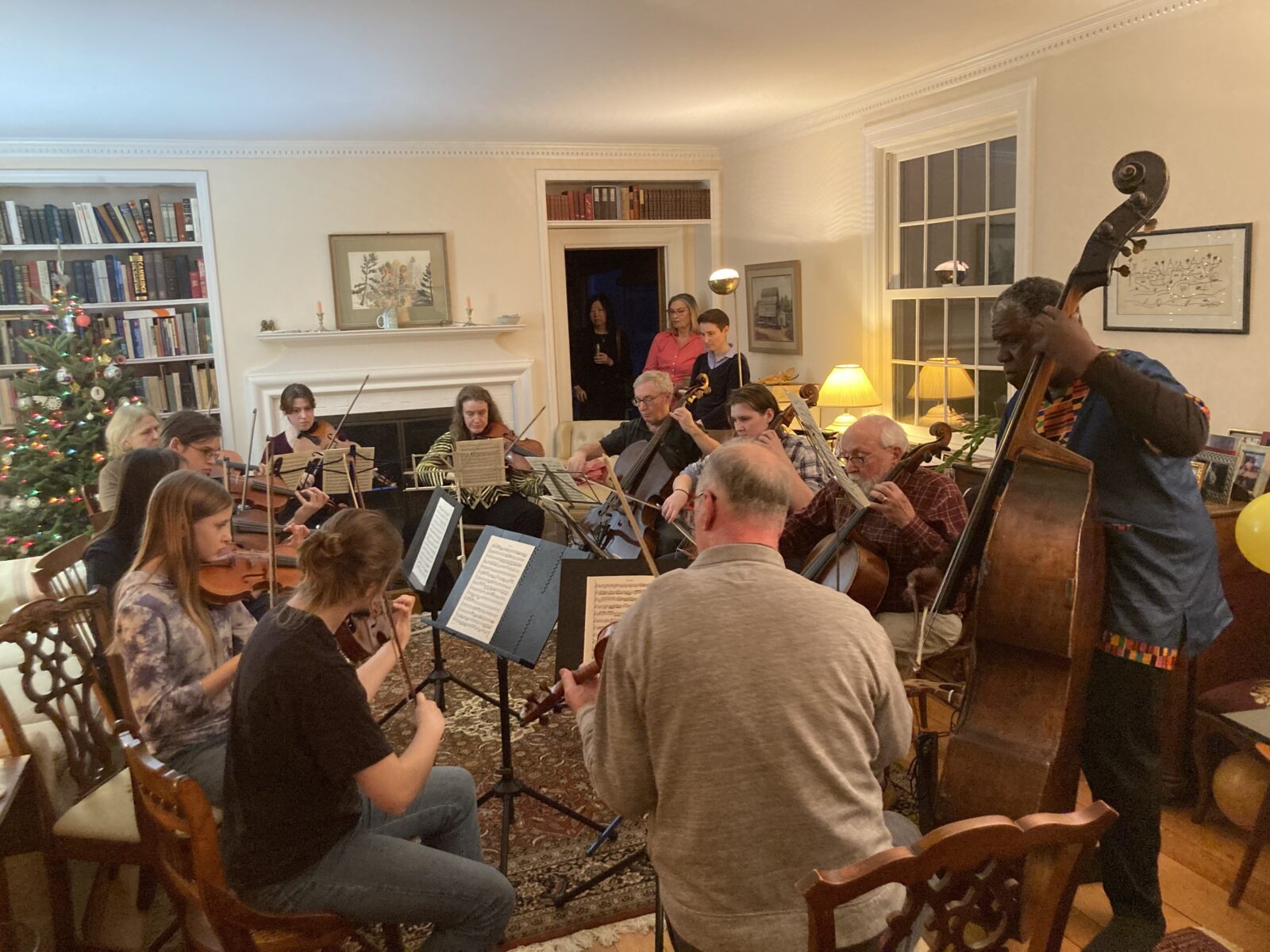
Celebrating the holidays with chamber music!
Looking back on a festive holiday season,ACMP was especially inspired this year by how many of our members made music together in their homes as part of their celebrations. ACMP Executive Director Stephanie Griffin attended two of these, and a special jazz party on New Year's Day.Read More ↗
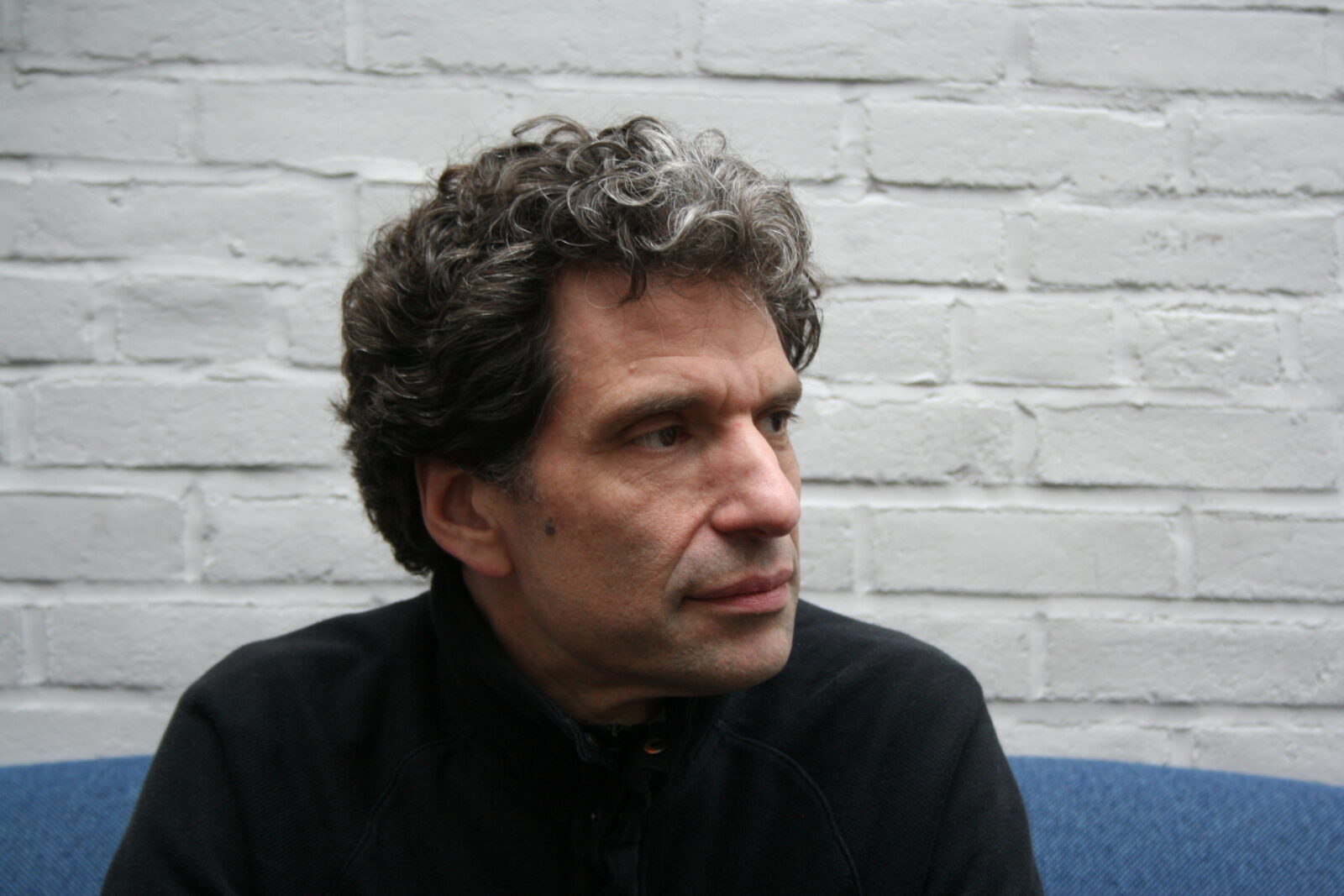
ACMP member discount on Seth Knopp’s new course “Music Speaks”
Join pianist and Yellow Barn Artistic Director Seth Knopp in New York City for a unique new music appreciation course "Music Speaks" on February 22 and 23 and March 1 and 2. And enjoy a 20% discount as a member of ACMP!Read More ↗